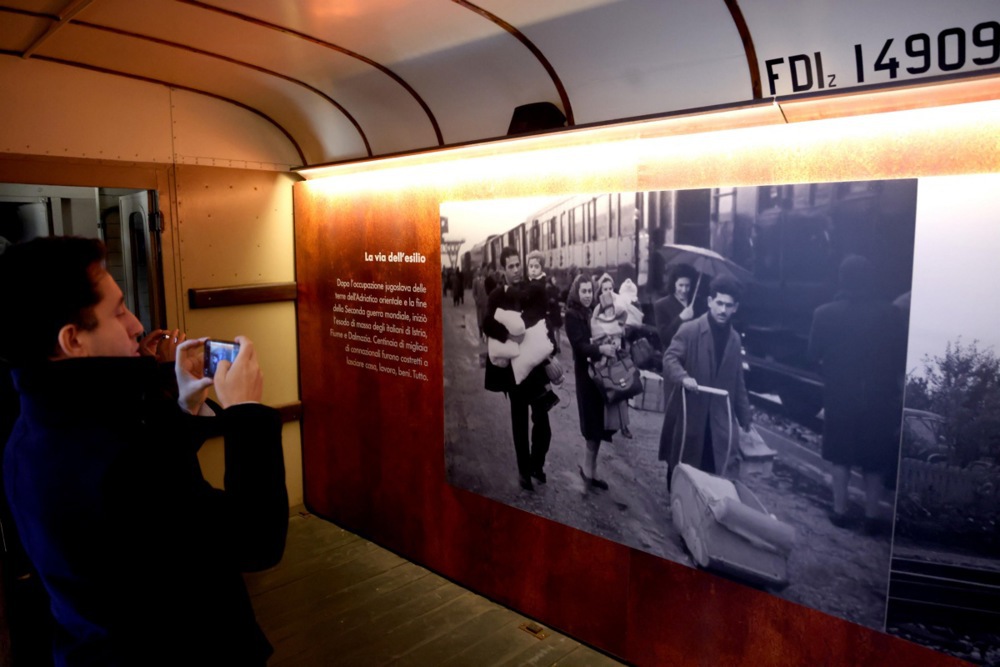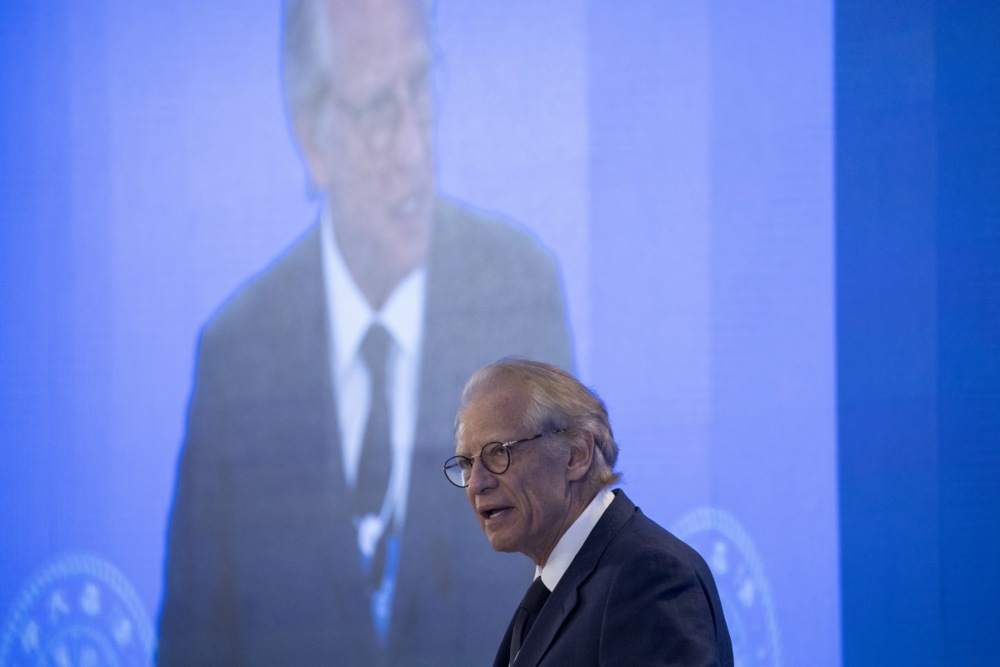MEPs have urged the Slovenian Government to do more to remember victims of Communism.
According to the Committee on Petitions, “victims of Communist massacres in Slovenia deserve remembrance and respect“.
It said Slovenian authorities should continue investigating concealed graves and ensure dignified burials for the victims.
The committee called for a comprehensive examination of the archives of the Yugoslav secret services and said that all crimes against humanity should be judged on the same scale.
On June 24, a resolution was adopted calling for the preservation of the memory of all victims of the post-war Communist period in Slovenia.
Some 17 MEPs voted in favour and one against.
In the resolution, Slovenia was called on to continue investigations to locate mass graves and collect historical evidence of crimes committed by Yugoslavia’s Communist regime.
According to the MEPs, there was a “lack of accountability for many perpetrators”.
They called for a comprehensive examination of the Yugoslav secret service’s archives, particularly the Counterintelligence Service and State Security Administration.
The MEPs also wanted more memorial sites founded to honour the victims and promote public awareness, highlighting the importance of evidence-based historical research and education.
The resolution expressed regret regarding the Slovenian Government’s 2023 decision to abolish the National Day of Remembrance for victims of Communist violence. The MEPs said they considered that a step backwards in honouring historical justice and remembrance.
At the time, the government under Prime Minister Robert Golob said the memorial day had originally been declared without a “public and expert debate”.
Remembrance Day was only put in place a year earlier, in 2022, by the outgoing centre-right government under then-prime minister Janez Janša.
The date was picked in memory of the killing of 49 people, including 44 Roma, in 1942.
The Left opposed the introduction, though, saying it was pushing the country towards an endless culture war.
In response, the Golob administration cancelled it in 2023.
In the autumn of 2022, remains of 3,450 murdered young men were found in a cave under Macesnova gorica “death pit”, what some people called “the Slovenian Katin”.
During a mass on June 24 to commemorate them, Andrej Saje, President of the Slovenian Bishops’ Conference and Bishop of Novo mesto, said in his sermon: “This land is soaked with the blood of the innocent.
“The crimes of revolutionary violence were never condemned, the innocent victims never cleared of guilt, and their remains have, unreasonably, still not been properly buried.
“The dead and their families are waiting for acknowledgment and remorse for the evil deeds,” he said.
Slovenia has more than 750 registered locations of concealed mass graves. To date, 224 sites have been investigated, and remains from 122 of them have been partially or fully exhumed.
Almost 10,000 remains have been found at these killing sites.
Around 130,000 persons, mostly political and military opponents, were executed after the end of the Second World War in May and June 1945.
Some had managed to escape to Austria but were handed over to Yugoslavia by the British Army.
Around 15,000 of those executed were of Slovenian nationality, whereas others included mainly Croats, Serbs and Germans. While mostly civilians, there were also members of the Slovenian Home Guard and other political and military opponents of the resistance movement.
These extrajudicial executions were carried out by the members of the Yugoslav Communist Secret Police and were committed at hidden locations across Slovenia, predominantly rural areas and forests.
The Committee on Petitions (PETI) is a standing committee of the European Parliament that dealt with petitions submitted by European Union citizens, residents, or entities.
It acted as a direct link between the public and the EP, helping ensure EU institutions were accountable and responsive.





